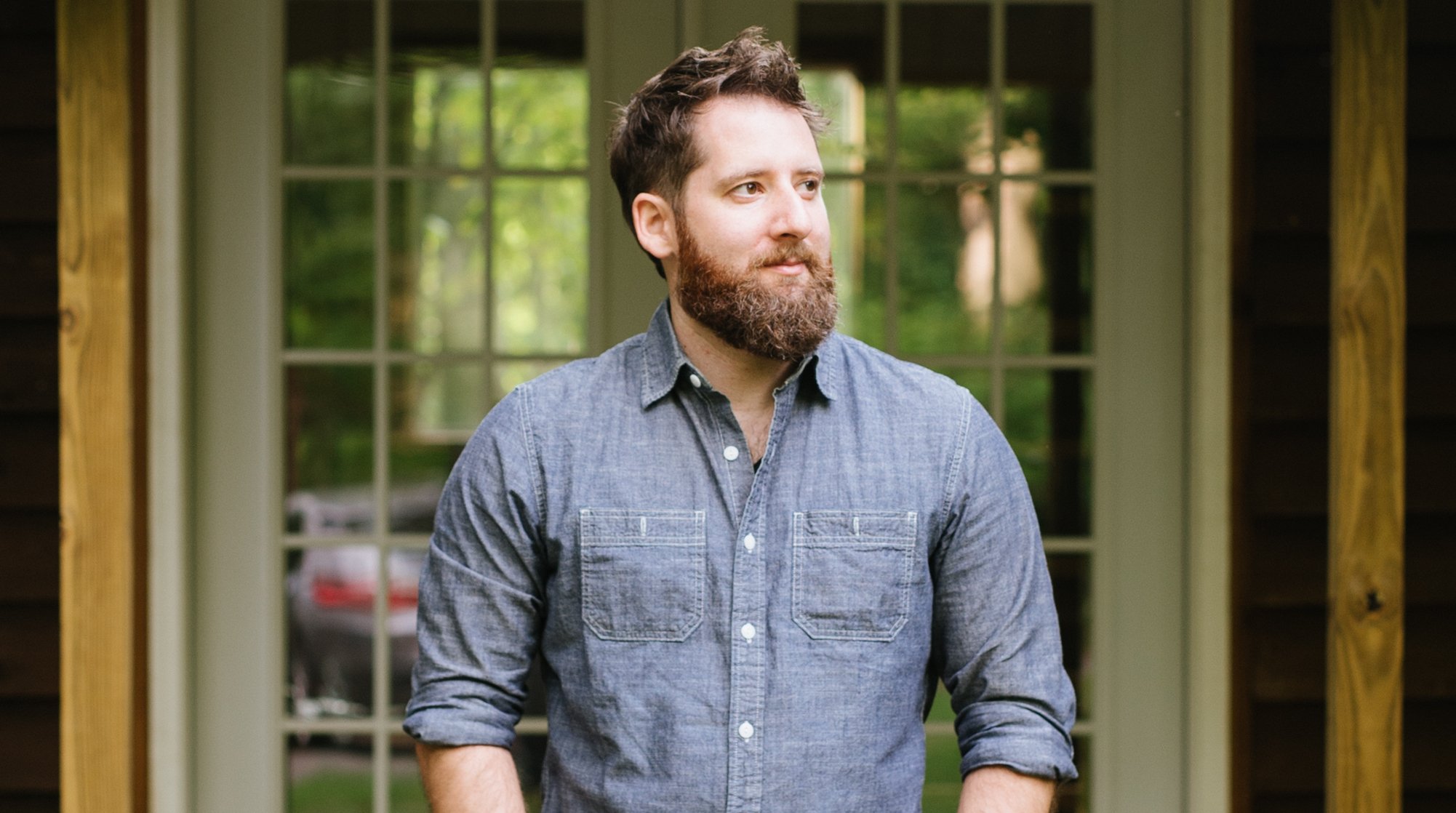Welcome to Thunderbird Disco
WHY WE'RE DOING THIS
New year, new project, probably new social media handles: I’ve spent more than a decade reading and writing about doomsday prepping wannabe superheroes for a fictional climate change scenario in We Can Save Us All. Now, on the other side of the novel, I realize I have few practical skills. I am not a “prepper.” I am not “prepared.”
So, The Project: to transform our home, property and lifestyle into a safe and sustainable ecosystem that can survive a grid-down Shit Hits the Fan situation…
One we can understand and build ourselves, with the help of friends and experts; one that offers the chance to learn new skills and teach our kids and connect with our neighbors and renew our appreciation for the land and its resources.
When we moved to this house in Charlottesville, the owners had a sign on the edge of the half-hidden driveway that read “Shanti Bagh,” which means either “garden of peace” or “audience with a tiger,” depending on what website you ask.
After we moved in, I considered all the sprawling Virginia horse farms and inherently problematic tracts of land. Each boasted a name on a custom sign hung at the end of a tree-lined drive.
“So, we now officially own land in Virginia,” I said to Kate Lynn. “Do we have to name our land?”
“Sure,” Kate Lynn said, not pausing. “But it should probably be something like ‘Thunderbird Disco.’”
Done. That was that.
Cousins Jason and Heather gifted us a custom driveway sign with mountains and deer antlers burned in, framing the words: “Welcome to Thunderbird Disco. Est. 2013.”
We started calling our new Project, “Audience With a Tiger,” or “Tiger Project,” for short. Here’s the plan: over the course of the next year (or maybe longer, we’ll see), and after a suitable amount of research and planning, we’ll collaborate with our neighbors and skilled friends and local professionals to take on 10 categories of homesteading projects:
Power (fossil fuels and renewables)
Food (animal and vegetable)
Drink (water and booze)
Shelter (building and repairing)
Plumbing (drainage and sanitation)
Medicine (herbal and chemical)
Mechanics (simple machines and engines)
Security (deterrents and weapons)
Communications (short- and long-range)
and, perhaps most importantly,Community Culture (arts, education and spirituality).
At the end of The Project, we’ll turn off the power for three weeks, and see how we do.
The point of all this is to do it collaboratively, not wall ourselves in a bunker. We hope you’ll join us on this experiment!
